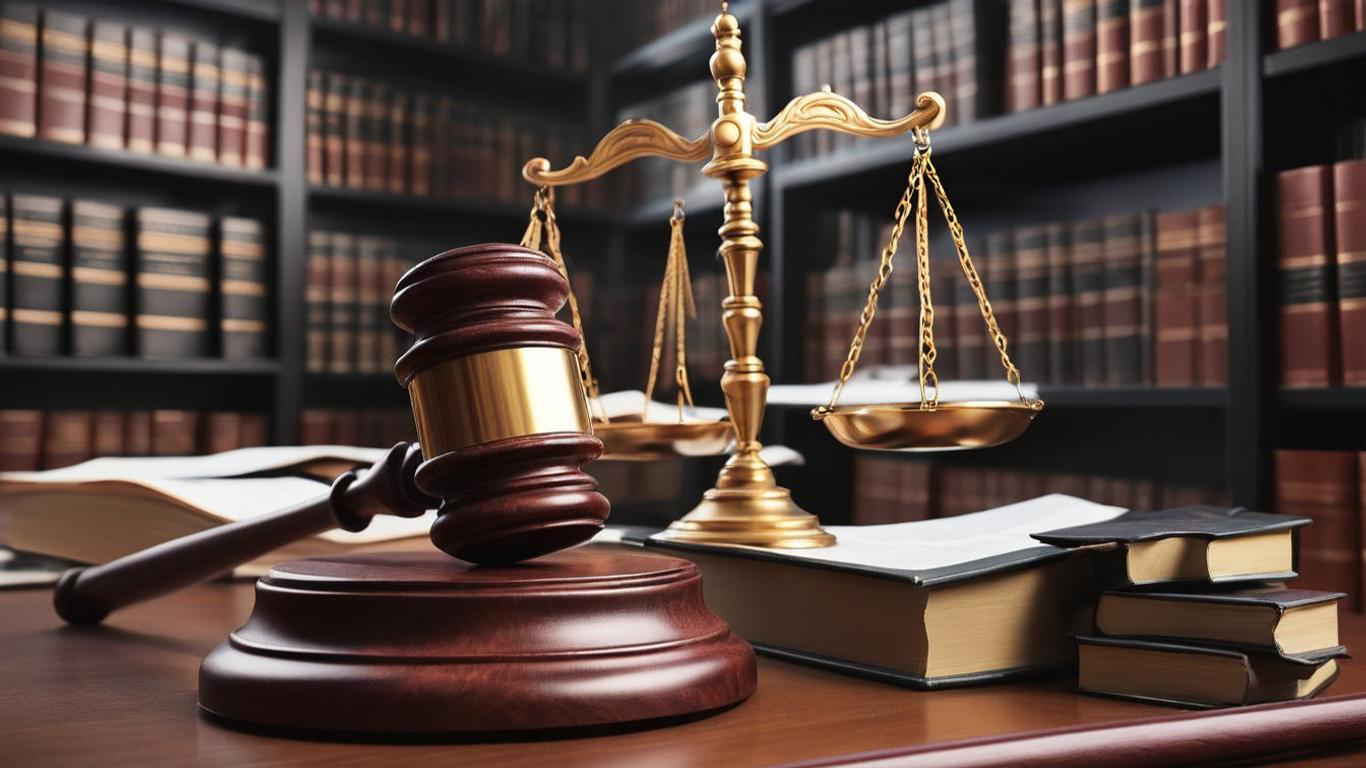Understanding the Legal System in Your Country
Understanding the legal system in your country is essential for navigating your rights and responsibilities as a citizen. This article provides a comprehensive overview of the legal system, including its structure, key institutions, and the legal process.

The Structure of the Legal System

The legal system in most countries is divided into several branches, each with its own functions and responsibilities:
1. Legislative Branch: The legislative branch is responsible for creating laws. This includes parliaments, congresses, or other legislative bodies that draft, debate, and enact legislation.
2. Executive Branch: The executive branch is responsible for enforcing laws. This includes the president, prime minister, and government agencies that implement and administer public policy.
3. Judicial Branch: The judicial branch interprets and applies laws through the court system. This includes judges and courts at various levels, from local courts to supreme courts.
Key Legal Institutions

Several key institutions play vital roles in the legal system:
1. Courts: Courts are the primary institutions for resolving disputes and administering justice. They include various levels, such as trial courts, appellate courts, and supreme courts.
2. Law Enforcement Agencies: Police and other law enforcement agencies are responsible for maintaining public order, preventing crime, and enforcing laws.
3. Legal Professionals: Lawyers, prosecutors, and public defenders represent individuals and the state in legal matters, providing legal advice and advocacy.
4. Correctional Institutions: Prisons and rehabilitation centers are responsible for the detention and rehabilitation of individuals convicted of crimes.
The Legal Process

The legal process involves several stages, from the creation of laws to their enforcement and adjudication:
1. Legislation: The legislative branch drafts and enacts laws based on the needs and values of society. This involves proposing bills, debating their merits, and voting on their passage.
2. Enforcement: Once laws are enacted, the executive branch, through various government agencies, enforces these laws. This includes implementing regulations, conducting inspections, and prosecuting violations.
3. Adjudication: When legal disputes arise, they are resolved through the judicial process. This involves filing lawsuits, presenting evidence, and arguing cases before judges or juries. Courts interpret and apply laws to reach decisions.
4. Appeals: Parties dissatisfied with a court decision can appeal to higher courts, seeking a review of the legal and factual issues in the case. Appellate courts examine whether legal errors were made in the trial process.
Rights and Responsibilities of Citizens

Understanding your rights and responsibilities within the legal system is crucial:
1. Constitutional Rights: Most countries have a constitution that guarantees fundamental rights and freedoms, such as freedom of speech, right to a fair trial, and protection against discrimination.
2. Legal Obligations: Citizens are required to comply with laws and regulations, including paying taxes, serving on juries, and obeying traffic laws.
3. Access to Justice: Individuals have the right to access the legal system to resolve disputes, seek redress for grievances, and protect their rights. This includes the right to legal representation and a fair trial.
Challenges and Reforms

The legal system faces various challenges and is subject to ongoing reforms to enhance its effectiveness and fairness:
1. Backlogs and Delays: Many legal systems experience backlogs and delays in processing cases, impacting timely access to justice. Reforms may include increasing court resources, adopting technology, and streamlining procedures.
2. Access to Legal Services: Ensuring that all individuals, regardless of economic status, have access to legal services is a critical issue. This includes providing legal aid, pro bono services, and affordable legal representation.
3. Fairness and Equity: Addressing disparities in the legal system, such as racial or economic biases, is essential for ensuring fairness and equity. Reforms may focus on improving diversity within the judiciary and law enforcement agencies.
Conclusion
Understanding the legal system in your country involves recognizing its structure, key institutions, and the legal process. Being aware of your rights and responsibilities as a citizen empowers you to navigate the legal system effectively. Ongoing challenges and reforms aim to enhance the fairness, accessibility, and efficiency of the legal system, ensuring it serves the needs of all members of society.
ความคิดเห็น
แสดงความคิดเห็น